What Is Heart Disease? Cardiovascular diseases are defined as diseases and injuries of the cardiovascular system: the heart, the blood vessels of the heart and the system of blood vessels (veins and arteries) throughout the body and within the brain. Stroke is the result of a blood flow problem in the brain. It is considered a form of cardiovascular disease.
Are Symptoms Always Obvious? Most heart attacks begin with subtle symptoms — with only discomfort that often is not described as pain. The chest discomfort may come and go. Don't be tempted to downplay your symptoms or brush them off as indigestion or anxiety. Don't "tough out" heart attack symptoms for more than five minutes. Call 911 or other emergency medical services for help. If you don't have access to emergency medical services, have someone drive you to the nearest hospital. Drive yourself only as a last resort, if there are absolutely no other options. Heart attack symptoms vary widely. For instance, you may have only minor chest discomfort while someone else has excruciating pain. One thing applies to everyone, though: If you suspect you're having a heart attack, call for emergency medical help immediately. What Can Naturopathic Medicine Do for Heart Health? One of the central tenants of Naturopathic Medicine is teaching the principles of healthy living and preventative medicine. That means we work to help prevent heart disease BEFORE it happens utilizing various approaches. We can put together an individualized treatment plan focusing on your particular risks and needs to significantly decrease your risk of heart attack and stroke. That being said, there are also many things we can do after a heart attack or stroke to increase healing, decrease recovery time and maximize your quality of life. Have more questions about what Naturopathic Medicine can do for you and your heart? Take advantage of our 15 minute consults to find out more today. References:
Godfrey A. & Saunders P.R. (2010) Principles & Practices of Naturopathic Botanical Medicine: Volume I: Botanical Monographs. Cardiovascular System, pg. 81-138. CCNM Press. Heart and Stroke Foundation of Canada. ‘Health Information’. http://www.heartandstroke.com/site/c.ikIQLcMWJtE/b.3484021/k.7C85/Heart_Disease.htm Mayo Clinic. Heart Attack Symptoms: Know what’s a medical emergency. http://www.mayoclinic.org/diseases-conditions/heart-attack/in-depth/heart-attack-symptoms/art-20047744 Murray M. & Pizzorno, J.. (1998) Encyclopedia of Natural Medicine (2nd Ed.). Heart Disease, pg 500-507. Three Rivers Press.
0 Comments
Detoxification (detox for short) is the physiological or medicinal removal of toxic substances from a living organism, including, but not limited to, the human body, which is mainly carried out by the liver. That’s right, detoxification is a basic and normal physiological process that your liver, kidneys and skin are performing all the time. The liver is generally considered the principal organ of elimination, but the kidneys and skin are still important to the whole process.
This is all happening without you needing to give it a single thought. That being said, like any other process in the body it can occur optimally, or suboptimally. Think of your immune system, there are people who get sick all the time and others who hardly ever get sick. They both have a functional immune system that operates without any effort on their part, but clearly the sick person’s immune system is not working well whereas the healthy person’s immune system is working well. This is the same case with our detoxification pathways, some of us can detoxify well and others cannot. There are many factors that contribute to you being a ‘good detoxifier’ or a ‘poor detoxifier’, but two main things I’m going to touch on are: exposure and inherent ability.
Symptoms of Toxic Overload
What Can We Do About It? As we discussed above, your body is capable of detoxification or detox all on its own, but from time to time it’s a good idea to give a helping hand. This can take many different forms, from a glass of water with lemon to a more organized detox program, but the main thing is to do something for your body to make elimination that much easier at least a few times a year. Consider the following options:
Have questions about these tips or how to optimize your own detoxification ability? Talk to me about it. I love helping people make gradual, positive changes that benefit their health and well being. Note: Talk to your Naturopathic Doctor today about getting assessed and treated if needed, and as always talk to your health care provider before beginning any new medication or supplement. This information is not meant to replace the advice/guidance of a medical professional, nor should it be acted upon by individuals unsupervised by the appropriate healthcare provider.
However, I want to encourage you to do something different this year. I want to encourage you to do what I did, stop waiting for ‘I’ll do it tomorrow’ and start doing it today. As we head into the busy season of holiday parties and family get togethers I encourage to make one change. That’s right, just one. This change can be anything to do with one of your big goals you’ve been wanting to do for a long time, but it has to be small. What do I mean by this? Well, it means that whatever change you choose to make it has to take as minimal effort as possible to do so you literally have no excuse but to do it pretty much everyday.
Now, you may be asking yourself, ok I get it small steps, what difference does that make? Well, it makes a big difference actually. I’ll use the exercise example again. Have you or at least ‘have a friend’ who has decided that they’re going to be more active this year, so they go and sign up for a gym membership at the beginning of January. They’re super pumped and excited, and decide to go the gym every day before work the following week. Keep in mind they’ve been exercising minimally up to this point. Where do you think this person is by day 3, at best day 4, of these intensive work outs? They’re probably at home nursing an injury or so stiff and sore they can barely walk, let alone work out. By the time they feel good enough to go back to the gym it’s been at least a week or more and that burning desire is dwindling down. They might mount a second or a third attempt, but generally speaking within about 3 months or less of starting that gym membership they are no longer going at all. Tell me, does this sound familiar?
At first he feels a little winded, and this makes him realize, ‘man I really do need to get into shape’, so it encourages him to continue taking the stairs. This isn’t enough pain or discomfort to stop him all together, especially if Bob noticed he couldn’t handle the stairs, but it’s enough to get him wanting to do more. After a few days to a week it’s getting easier to walk up and down the stairs and Andy doesn’t even really notice feeling winded. Another week or two and he’s not even thinking about the elevator, he automatically goes for the stairs.
Please take my advice and don’t wait until January 1st to take that first step. Take it now, you’ll feel so much better if you do! Well, what did I end up not waiting until January to do you might still be asking. I too am still trying to reach my own personal best goals and I decided to make sure I can always have a good balanced breakfast in the morning. The small change I've made is to get things ready the night before if I am worried about having enough time in the morning to make it. If you want to know more about the why behind my change, take a look at my recent video about the importance of breakfast. For now though, go and pick your one small change, start doing it right now and let me know how you feel. You don’t have to wait for January 1st to start making your health better.
Not sure where to start or how to go about achieving your goals? Talk to me about it. There’s only a few weeks left to use up your health benefits, why not use them to finish your year well and start the New Year ahead of the game as far as your health is concerned. Note: Talk to your Naturopathic Doctor today about getting assessed and treated if needed, and as always talk to your health care provider before beginning any new medication or supplement. This information is not meant to replace the advice/guidance of a medical professional, nor should it be acted upon by individuals unsupervised by the appropriate healthcare provider.
I completely understand how important, small, manageable changes are to creating success! I see it all the time with my patients and the research also supports this approach. Therefore, I will only mention 3 small things you can do to make a big impact on your eating habits and your health.
There you have it. Some very simple changes you can make to how you eat to improve the quality of your diet. Now I am not saying you have to even do this all at once, pick one and start with that. Then you can look at adding the others over time. If you never start, you'll never get the benefits, but if you try to change everything at once you'll feel overwhelmed and eventually you will drop everything.
Have questions about these tips or how to have better eating habits? Talk to me about it. I love helping people make gradual, positive changes that benefit their health and well being. Note: Talk to your Naturopathic Doctor today about getting assessed and treated if needed, and as always talk to your health care provider before beginning any new medication or supplement. This information is not meant to replace the advice/guidance of a medical professional, nor should it be acted upon by individuals unsupervised by the appropriate healthcare provider.
Why do we need to worry about sugar? Sugar in the blood is not a bad thing on its own. In fact, without this important fuel we wouldn’t last very long. However, like most things, in the right amount we stay healthy, but when we have too little sugar or too much, that’s when problems arise. Our main method of procuring this fuel is eating and drinking. Anything we consume, our body breaks down into it’s most basic building blocks, glucose, which is sugar, being one of them. Once broken down, the body shuttles the glucose to where it’s needed. If you’re playing a game of tag, then you’re going to need glucose for your muscles. If you’re studying for a big test, then you need glucose for your brain. The blood is simply the highway system in your body that transports the glucose (along with many other things) throughout the body until it reaches it’s final destination.
What can we do? Eating Well We know that balance is important, but what are some easy and crucial things we can do to improve our blood sugar balance. One, you may have guessed, is being mindful of what you eat! Proper nutrition is really a cornerstone of good health. Start with eating a diet focused on good whole foods, which includes 5-10 servings of fruit and vegetables a day, whole grains (complex carbs), good proteins and healthy fats. Then avoiding excess sugar, like soft drinks. Did you know that there can be as many as 6-10 tbsp of sugar in 1 can of pop? Another helpful trick is to have either protein or fat with each meal. Not only do they help you feel more full for longer, they also modulate the rush of sugar coming into the body. If we’re looking at a curve of blood sugar levels, this is what happens if we have sugar by itself, a big spike and then decline about an hour to a few hours later. This is why people who have a chocolate bar for their afternoon snack feel like they have lots of energy and focus for the first hour or so after, but end up feeling more tired later on when their blood sugar plummets. If you eat fat or protein with your other foods, it helps to temper this spike in blood sugar so you don’t have a huge increase and subsequent decrease of blood sugar and corresponding energy levels.
Blood sugar levels have a story to tell about our health, and every choice you make with your diet and lifestyle habits writes that story. Make sure you make the right choices for you: eat right, exercise and modify your stress. Your family and your future self will thank you for taking steps to ensure that your blood sugar story is writing about a long and healthy future.
Have questions about how you and your family can reduce your sugar intake? Ask me about it by emailing me through the 'contact me' section or give me a shout at the office. I'm here to help you achieve your best possible health. Note: Talk to your Naturopathic Doctor today about getting assessed and treated if needed, and as always talk to your health care provider before beginning any new medication or supplement. This information is not meant to replace the advice/guidance of a medical professional, nor should it be acted upon by individuals unsupervised by the appropriate healthcare provider. References: Silverthorn, D.U. 2010. Human Physiology An Integrated Approach. Fifth Edition. Pearson International Edition. Stats Canada. 2016. Obesity in Canada: A Whole-of-Society Approach to a Healthier Canada: http://www.parl.gc.ca/content/sen/committee/421/SOCI/Reports/2016-02-25_Revised_report_Obesity_in_Canada_e.pdf WebMD. Fit Jr. (2016). Just a Spoonful of Sugar Adds Up: http://fit.webmd.com/jr/food/pdf/pdf-sugar-adds-up |
Sarah Connors
I am a Naturopathic Doctor and Doula providing care in the Kitchener-Waterloo area. I have a passion for helping people with their health issues and improving the birth experience for Moms, and their babies. I also have a life long love affair with soccer, curling, and the alto saxophone. Archives
November 2020
Categories
All
|
Photos from Rural Royalty, manu flickr2010, Ryan Dickey, wocintechchat, huskyte77, paulswansen, Black Room Photography, harum.koh, Emery Co Photo, JeepersMedia, BrownGuacamole, wellnesswildflower, JeepersMedia, vastateparksstaff, colindunn, seelensturm, /\ \/\/ /\, 50mm.za, The Simpsons (Lee, Shirley, Luke and Rachel), AGRONAUTI, aivas14, Jonathan Rolande, winnifredxoxo, juhansonin, osseous, nan palmero, Theo Crazzolara, brianfagan, TP studio, wuestenigel, torbakhopper, anka.albrecht, Michael Stern, [-ChristiaN-], franchiseopportunitiesphotos, terren in Virginia, nateOne, barnimages.com, Dun.can, wuestenigel, @lattefarsan, amandabhslater, aphrodite-in-nyc, nutritionaldoublethink, Anne Worner, donnierayjones, mikecogh, angeloangelo, Rob.Bertholf, getaiwan, Lida Rose, matsuyuki, SurFeRGiRL30, marcoverch, amsfrank, mdaltry, nutrition education, Mike Prince, Edsel L, Neighborhood Nini, philipp.alexander.ernst, Mediocre2010, homethods, quinn.anya, Gamma Man, katerha, Eric Kilby, National Institutes of Health (NIH), rcmd_cfdfw_5_2, curtis palmer, Ray in Manila, frankieleon, Airsoftpal.com, byzantiumbooks, cchana, Brian Legate, Matt Lavin, BradHinton, monpetitchouphotography, wuestenigel, alexisjordanlewis, ByEPhotos, erix!, RLHyde, return the sun, quinn.anya, mliu92, frankieleon, loudista, Lyn Lomasi, upslon, derrickbrutel, cchana, National Institutes of Health (NIH), watts_photos, marcoverch, derrickbrutel, francesbean, weegeebored, Airsoftpal.com, Etwood, wu_135, shixart1985, Ingrid Taylar, VeritasFotografie, BioDivLibrary, emmanuelmorales1, Thanks for 1.5 Million Views!!, Will Merydith, reader of the pack, RoxyHobbs, Khanelle Prod' Medias, storyvillegirl, agromonitor, Arenamontanus, six:eleven, cote, SweetOnVeg, nenoirenediaz, lucianvenutian, markhillary, anotherlunch.com, inkknife_2000, archibald jude, rawtrigger, Imaginary Museum Projects: News Tableaus, Pavel P., Courtney Emery, Thien Gretchen, physiognomist, bark, Michigan Municipal League (MML), alberth2, Merelymel13, neofob, Care_SMC, Parker Knight, B*2



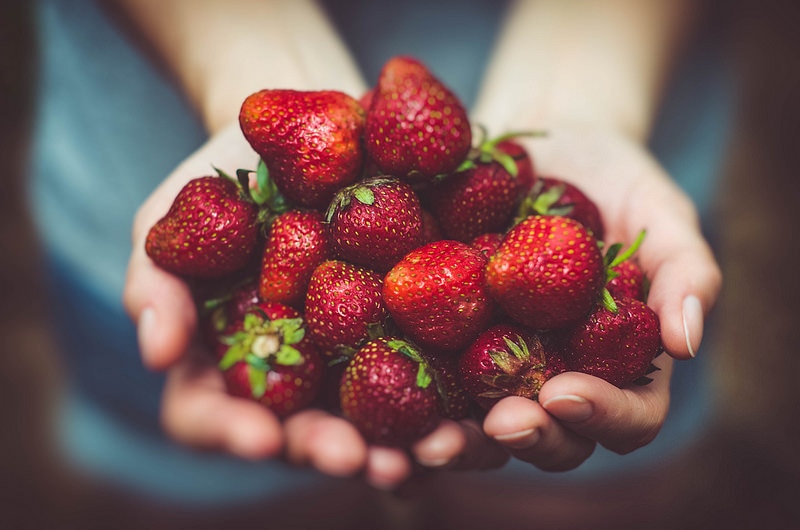
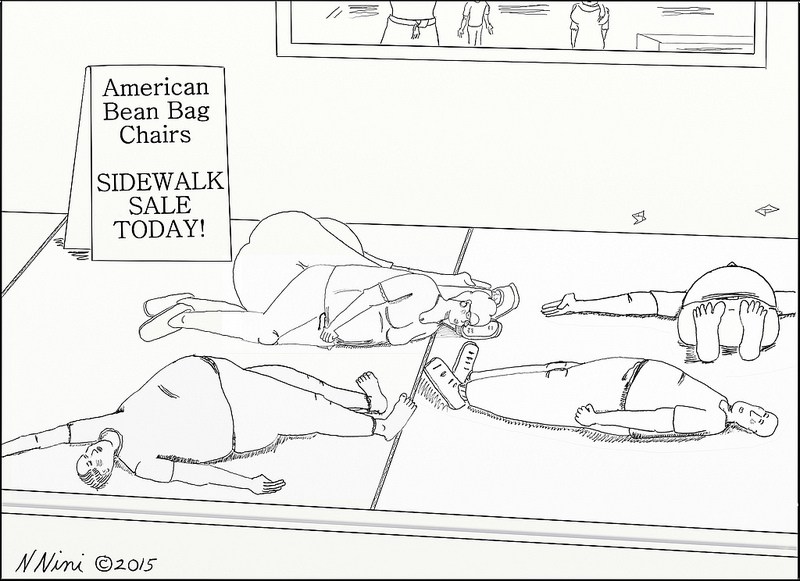

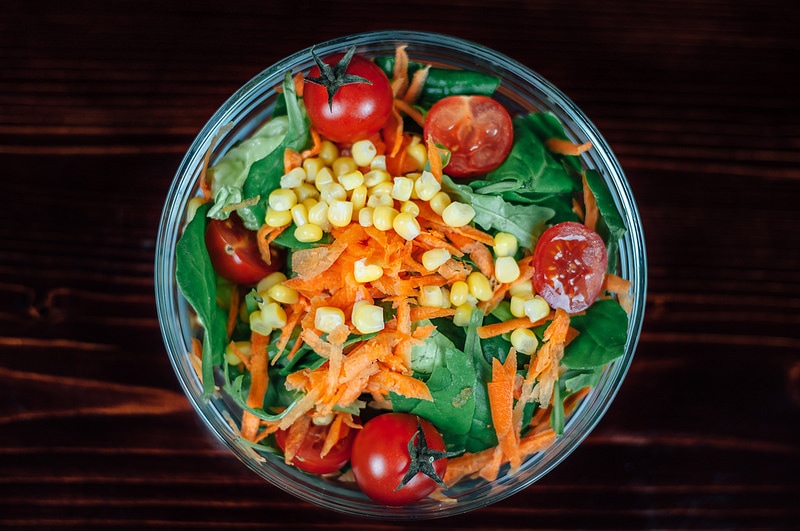

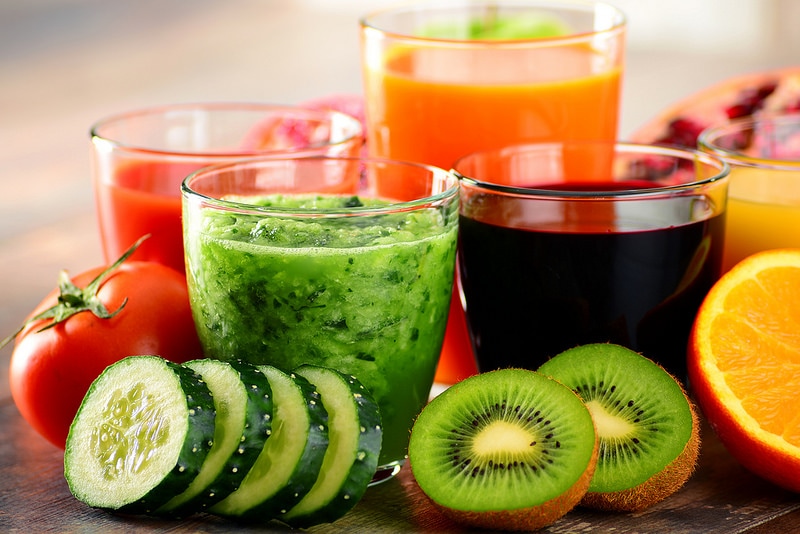
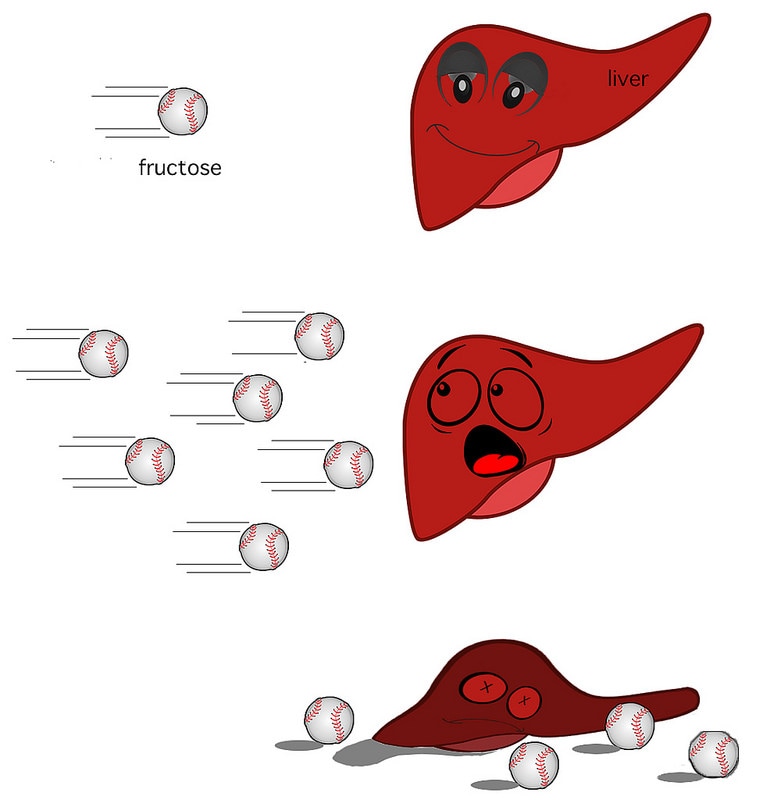
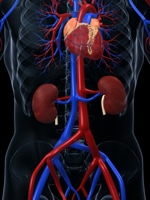

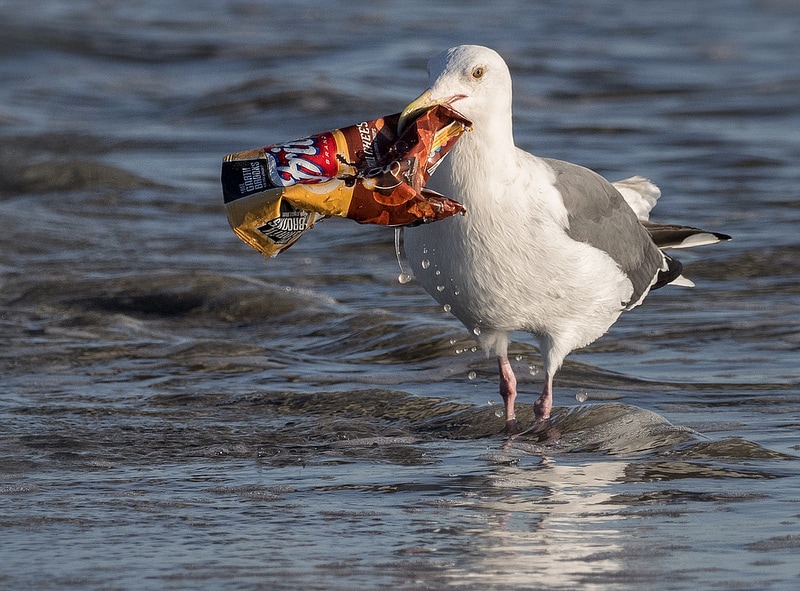

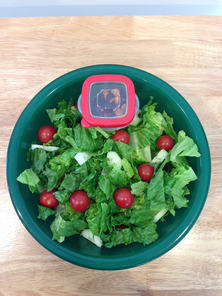
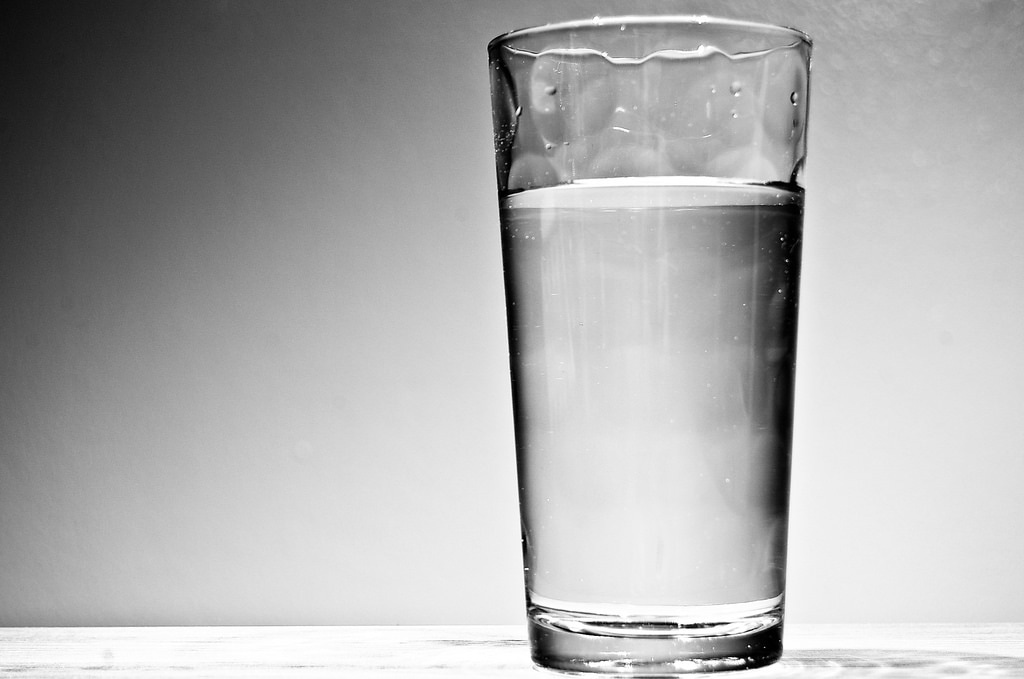
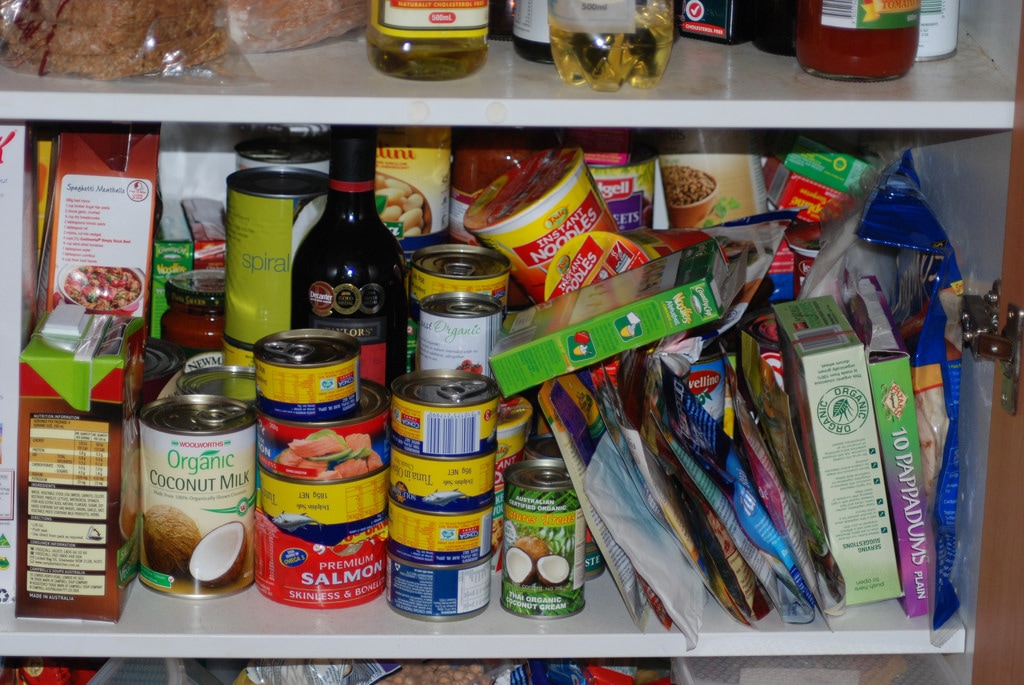

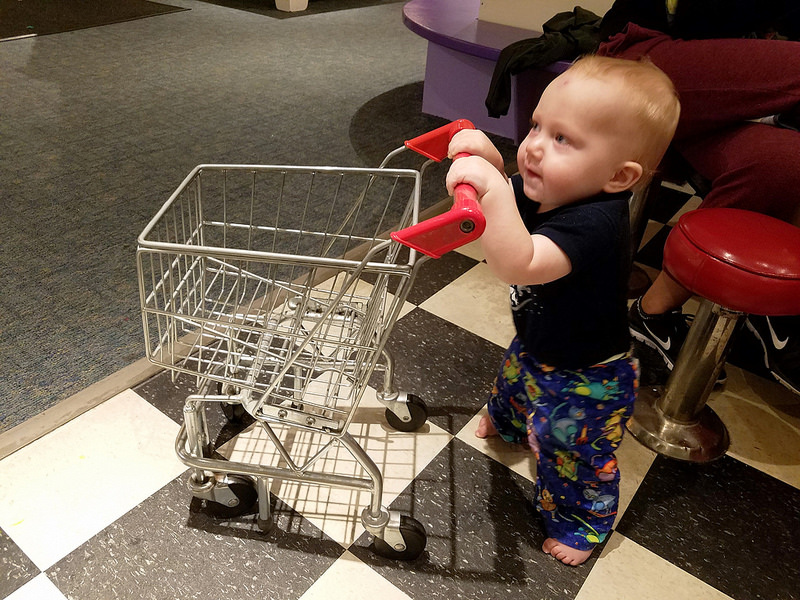


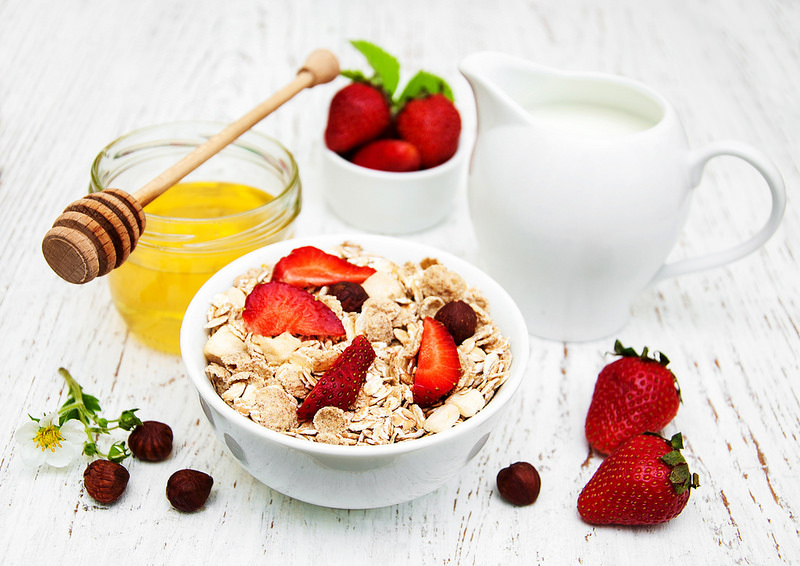
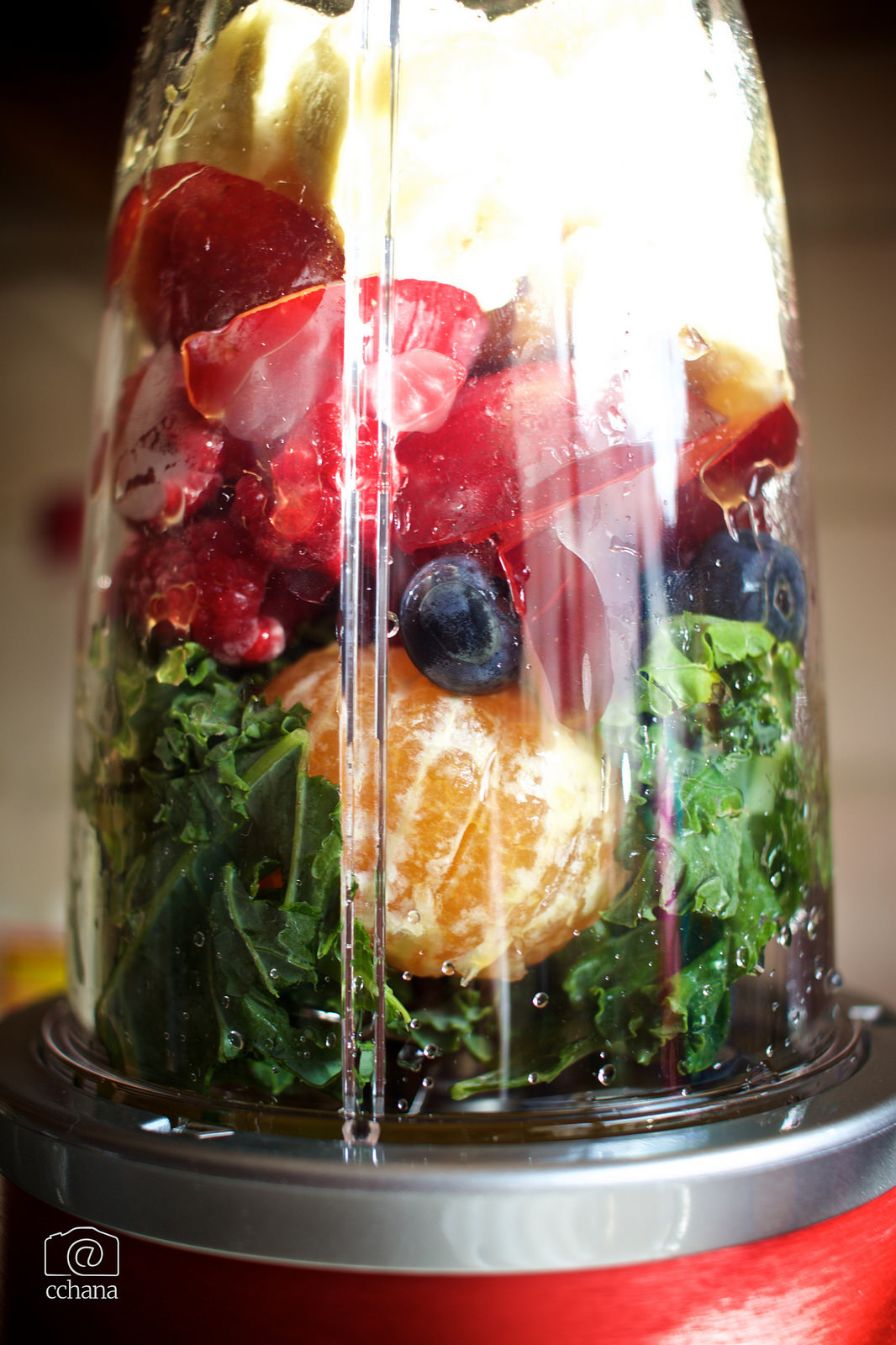
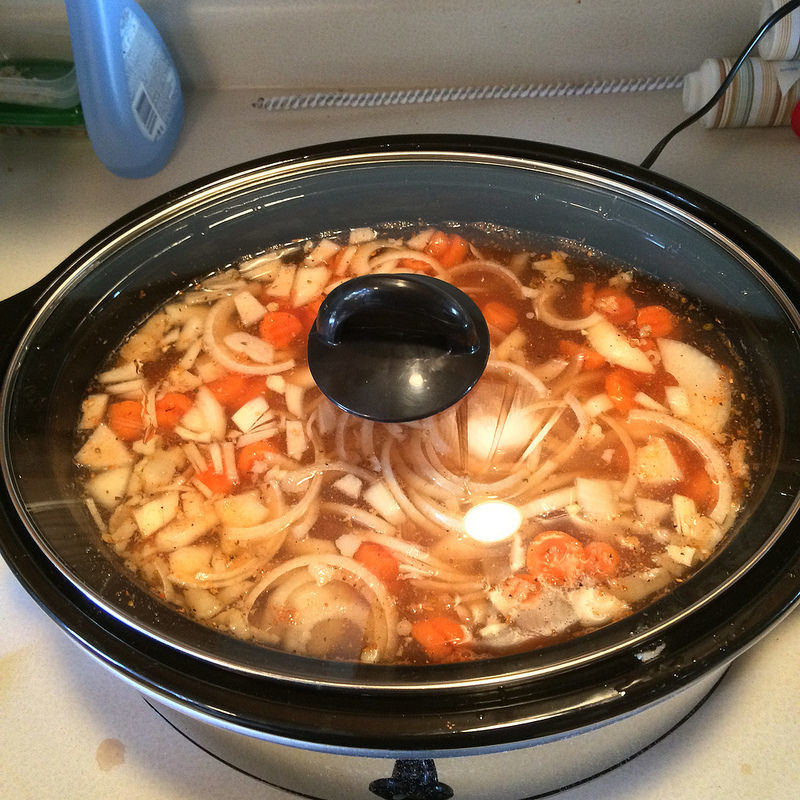



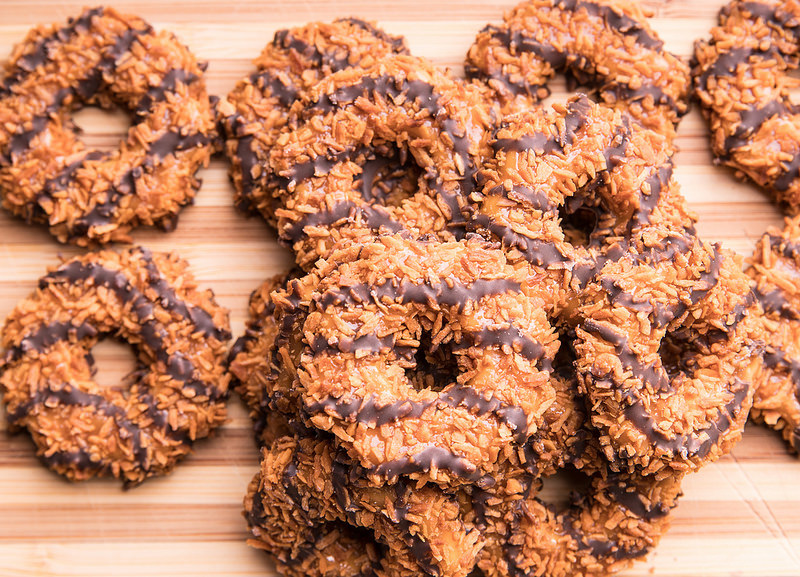
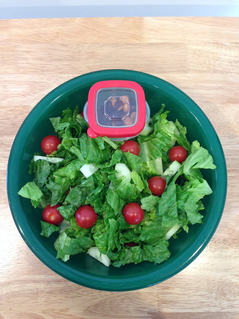
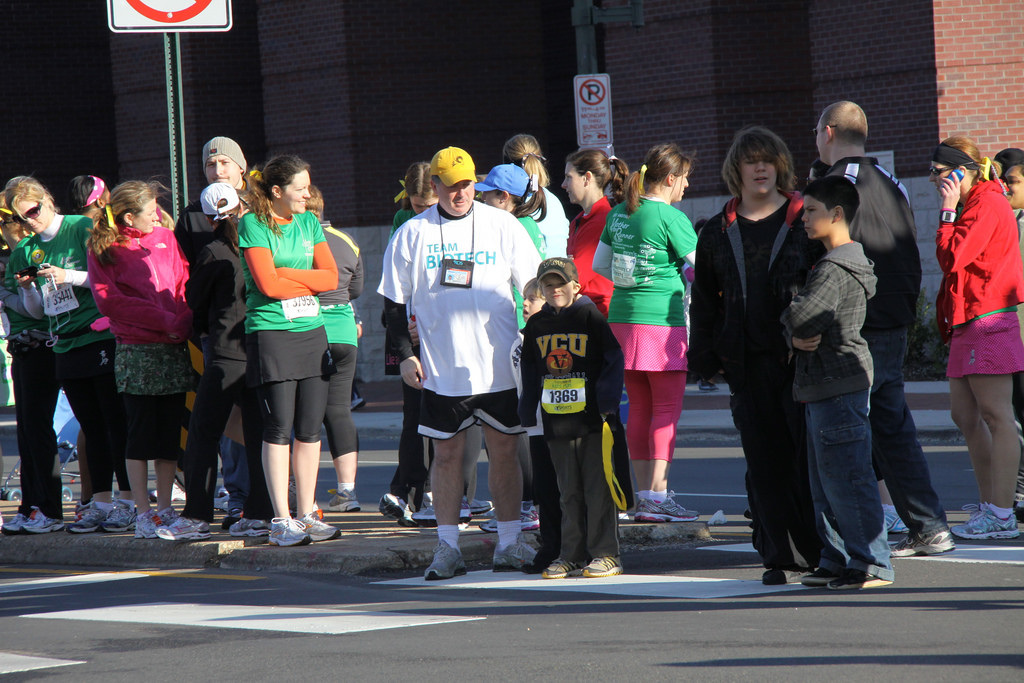
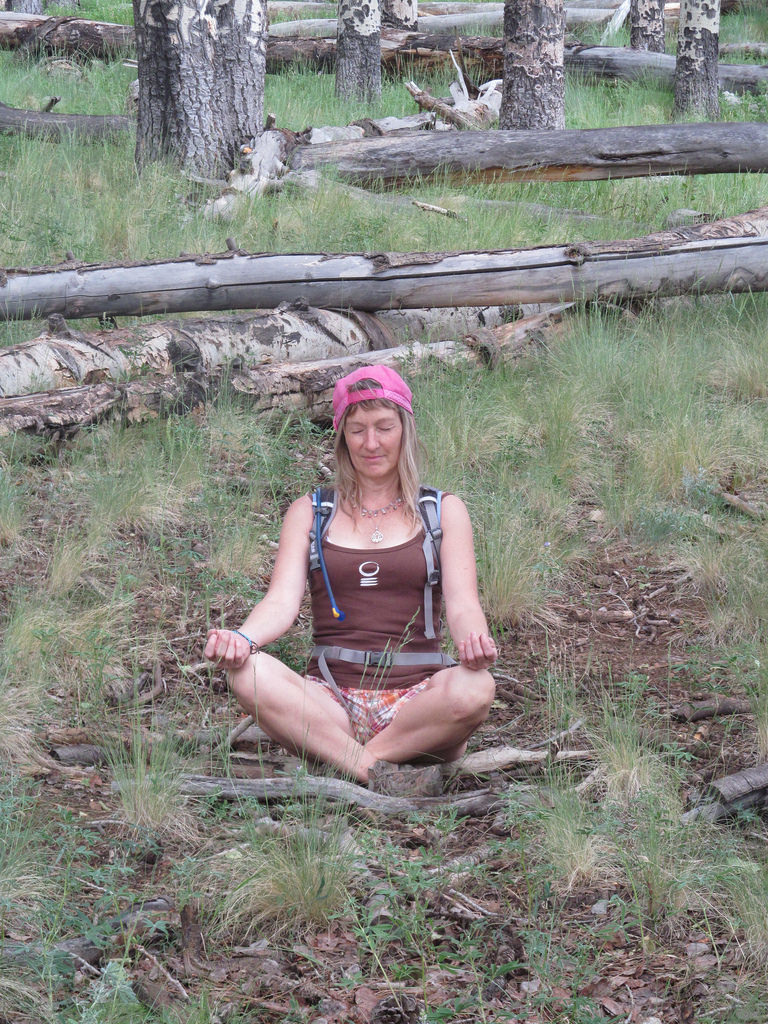
 RSS Feed
RSS Feed
